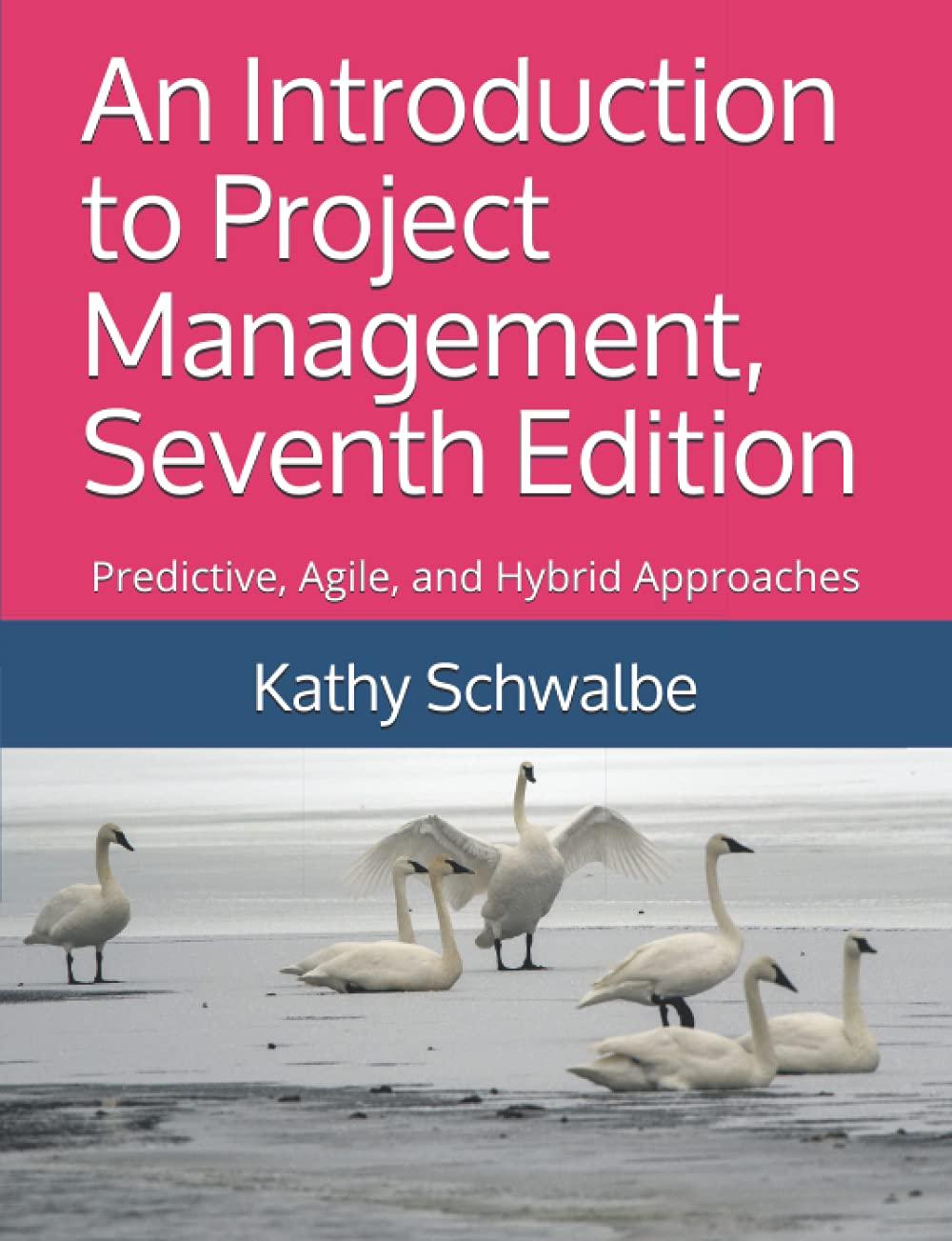Question
Coca-Colas Acquisition in the Chinese Juice Market The news came as a complete shock to Muhtar Kent Coca-Colas Chief Executive Officer. The email clearly stated
Coca-Colas Acquisition in the Chinese Juice Market
The news came as a complete shock to Muhtar Kent Coca-Colas Chief Executive Officer. The email clearly stated that the Chinese government had rejected his companys $2.3 billion bid to acquire Huiyuan Juice Group Ltd, Chinas largest juice manufacturer. How could this be, Muhtar thought? This acquisition would have allowed Coca-Cola to roughly double its market share in Chinas rapidly growing fruit juice market and achieve savings on raw material costs including packaging and fruit. The deal would have given the company better access to the Chinese market where it is competing head-to-head with PepsiCo. Both Coca-Cola and PepsiCo are trying to diversify beyond the market for soda by acquiring local beverage companies with products that appeal to local tastes and preferences. PepsiCo, for example, had recently invested $1.3 billion in a 75.5 percent stake in OAO Lebedyansky Russias largest juice manufacturer.
Both Coca-Cola and PepsiCo were active players in the Chinese market of 1.3 billion consumers. Atlanta-based Coca-Cola controlled almost 53 percent of the Chinese soda market, while PepsiCo had a 33 percent share of this market. In fact, Coca-Cola had big plans for the Chinese market. The company planned to invest $2 billion in China over the next three years in plant and distribution infrastructure, including $90 million already invested in a technology center in Shanghai. The fruit juice market in China is forecast to grow 16 percent a year roughly double the growth rate of the soda market. Although Huiyuan did have some local rivals, it was a very well known brand in China. The firm was established in 1992 and sold 220 fruit and vegetable juices as well as nectars. The majority of these were sold under its own brand name. Most of Huiyuans sales were in China but the company also had a small presence in the USA and in Southeast Asia.
Muhtar tried to calm himself and come up with a rationale for the deals rejection. The email from Chinas Ministry of Commerce stated that there was a concern that if the deal were approved, Coca-Cola would use its dominant market position to raise prices and limit choice for Chinese consumers. But how? As far as Muhtar knew, Coca-Colas share of the Chinese fruit and vegetable juice market was only 12 percent and Huiyuan controlled 8 percent. A meager 20 percent combined was hardly market dominance, thought Muhtar. He was convinced that allowing a Chinese and a US company, each controlling less than 25 percent of the market, to combine should not be considered anti-competitive. Maybe the Chinese government was looking at other data. Huiyuan did control 33 percent of Chinas market for pure fruit juices. Maybe that was the concern.
Questions
State the problem that Coca-Cola faces in the Chinese juice market.
Identify the options available to Coca-Cola now that the acquisition has been rejected.
Based on the options identified above, recommend one course of action for the company. Be sure to provide a rationale.
Step by Step Solution
There are 3 Steps involved in it
Step: 1

Get Instant Access to Expert-Tailored Solutions
See step-by-step solutions with expert insights and AI powered tools for academic success
Step: 2

Step: 3

Ace Your Homework with AI
Get the answers you need in no time with our AI-driven, step-by-step assistance
Get Started


